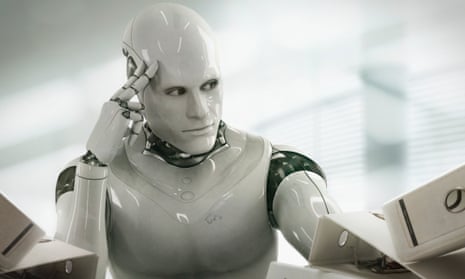Elon Musk has spoken out against artificial intelligence (AI), declaring it the most serious threat to the survival of the human race.
Musk made the comments to students from Massachusetts Institute of Technology (MIT) during an interview at the AeroAstro Centennial Symposium, talking about computer science, AI, space exploration and the colonisation of Mars.
“I think we should be very careful about artificial intelligence. If I had to guess at what our biggest existential threat is, it’s probably that. So we need to be very careful,” said Musk. “I’m increasingly inclined to think that there should be some regulatory oversight, maybe at the national and international level, just to make sure that we don’t do something very foolish.”
‘Summoning the demon’
The technology entrepreneur is often likened to a real-life Tony Stark from Marvel’s Iron Man comics for his role in cutting-edge companies including Space X, a privateer space exploration company that holds the first private contracts from Nasa for resupply of the International Space Station, and the electric car company Tesla.
He recently described his investments in AI research as “keeping an eye on what’s going on”, rather than viable return on capital.
“With artificial intelligence we are summoning the demon. In all those stories where there’s the guy with the pentagram and the holy water, it’s like – yeah, he’s sure he can control the demon. Doesn’t work out,” said Musk.
Musk also spoke about how getting to Mars with singular missions was “cool” but that colonisation of Mars will be crucial to changing the future of humanity.
“What matters is being able to establish a self-sustaining civilisation on Mars, and I don’t see anything being done but SpaceX. I don’t see anyone else even trying,” said Musk.
Musk is one of the high-profile investors, alongside Facebook’s Mark Zuckerberg and the actor Ashton Kutcher, in Vicarious, a company aiming to build a computer that can think like a person, with a neural network capable of replicating the part of the brain that controls vision, body movement and language.

Comments (…)
Sign in or create your Guardian account to join the discussion